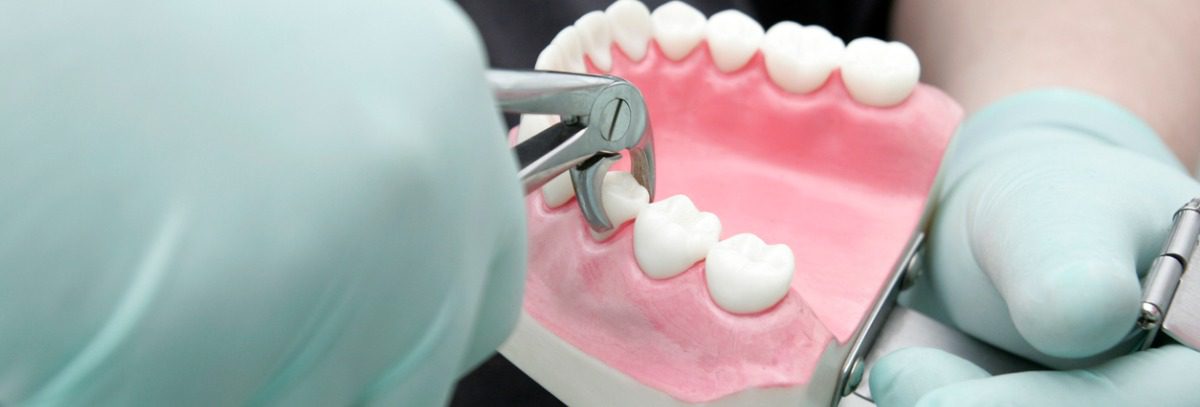The health of your teeth and gums can affect the health and well-being of your entire body. Taking care of your smile with at-home care and at least twice-yearly dental checkups and cleanings are integral to ensuring your oral health remains high. But even if you do everything recommended to maintain optimal oral health, dental woes can creep up. If you lose a tooth or several teeth, whether it’s during an accident or due to poor dental health, your smile can suffer, particularly when the condition isn’t treated.
Our dentist in Gainesville, FL, at Comprehensive Dental Care, offers a variety of options for tooth replacement dental procedures, including dental bridges, dental implants, and dentures, customized to your unique needs for restored oral health and beautiful results. Here, we discuss the top four reasons why you should replace missing teeth. Contact us today for more information about our procedures and schedule an appointment for tooth replacement.
Prevent Shifting Teeth
When you lose a tooth, you’re left with an empty gap in its place, surrounded by your remaining teeth. If you don’t undergo treatment for your lost tooth, over time, the teeth adjacent to the gap will naturally shift towards the gap. This shifting of teeth can have a number of negative consequences for your health and your self-esteem.
Shifting teeth can result in severe misalignment problems, crooked teeth, problems with chewing, oral pain, and other dental issues. If your teeth then fall out of alignment, they can be harder to clean properly, putting you at risk of developing tooth decay, periodontitis (gum disease), and infection. Our Gainesville dentist can replace your missing teeth to prevent problems related to shifting teeth.
Avoid Bone Loss
Tooth loss affects more than your teeth and gums, and it also affects your jawbone. When a tooth is lost, a portion of the jawbone is no longer being used through actions like chewing. Much like muscle, if the jawbone isn’t being used, it becomes lost. After you lose a tooth, your body will absorb the bone tissue. And the longer you wait to replace a tooth, the greater the amount of bone volume you lose in your jaw.
The jaw becomes simulated through biting and chewing, and when there is no longer a tooth activating the bone beneath it, the bone will deteriorate. This results in a loss of bone density. Having less jawbone density puts you at risk of not being eligible for a tooth implant, as a certain amount of bone is required to anchor the implant. Because dental implants are among the best permanent options for replacing missing teeth, it’s important to retain this option.
Retain Function
If you lose a single tooth, you may not notice an immediate impact to your daily functions that use your mouth, such as speaking, chewing, drinking through a straw, or biting. But for patients with several missing teeth, with each missing tooth, their mouths lose a portion of their ability to perform these functions. The jaw is designed to function with all of your permanent teeth; thus, losing any teeth can pose a significant disruption to your daily life.
Additionally, losing one tooth can quickly lead to the loss of another tooth. If you lose a tooth in your bottom jaw, the tooth directly opposing the gap in your upper jaw will gradually loosen over time, eventually falling out as it stops being used. The gaps left behind when a person loses teeth change the way the air flows when they speak. As their teeth begin to shift from their original position, they may experience permanent speech impairment.
Improve Visual Aesthetics
Bone volume loss from lost teeth results in several negative consequences, among which is the potential for your facial shape to change. Losing teeth puts you at risk for bone volume loss, which can result in your face changing to have a shortened appearance with a sunken jawbone, making you look much older than you are. Additionally, losing teeth means your gums will also likely start to recede in the gap areas, and your adjacent teeth will become weaker.
All of these changes to your dental health and appearance can also have negative impacts on your mental health. Oftentimes, the condition of your oral health and the appearance of your smile are among the first things people notice. As such, patients with one or more missing teeth are often more self-conscious about their appearance, causing them to smile less often. Replacing any missing teeth can restore your self-confidence and improve your health.
